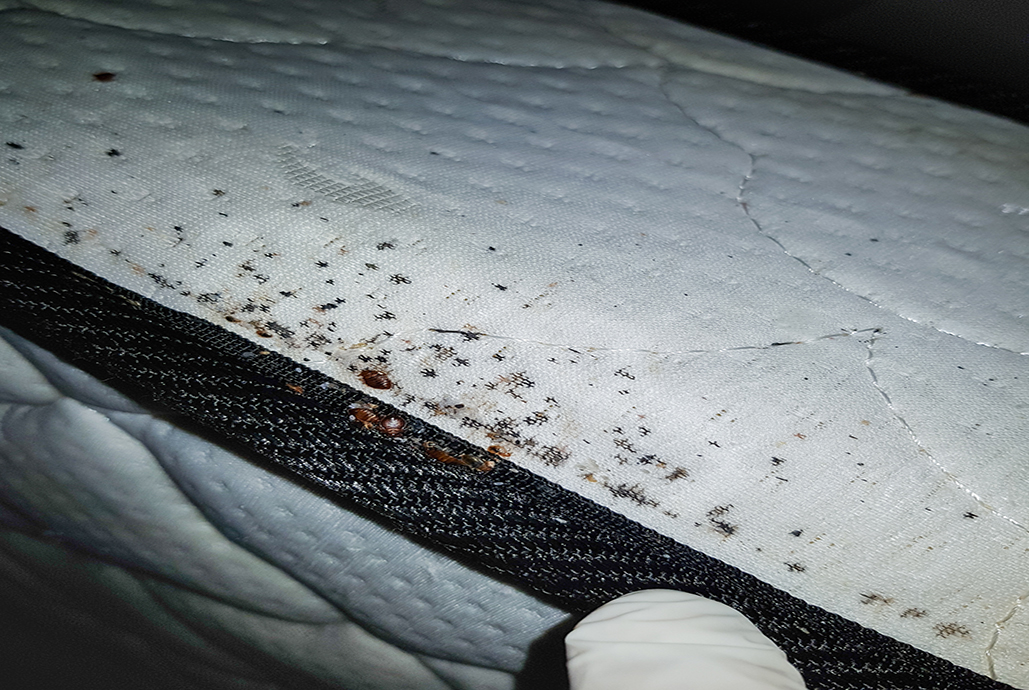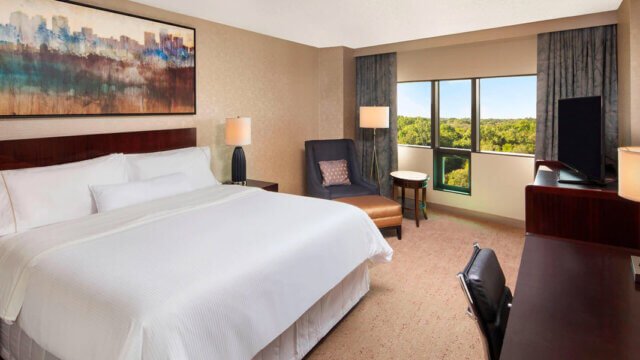NATIONAL REPORT—Few, if any, states have actual bed bug laws that dictate the specific duties a hotel must perform to protect guests from bed bugs. The lack of legislation, however, should not be misinterpreted as lack of laws. The duty-of-care is a well-established law in each state, also known as premises liability.
Premises liability cases describe the duty-of-care a property owner or manager must extend to its guests to avoid being found negligent. This analysis can be tricky. For instance, how far a hotel must go to implement preventive measures protecting guests against bed bugs largely depends upon demographics and the high-risk nature of a particular property.
Courts generally balance several factors in determining whether the hotel exercised reasonable care. Among those facts are the foreseeability of harm from a bed bug introduction; the purpose for which the guest entered the hotel; the time, manner and circumstances surrounding the guest’s use of the hotel; the reasonableness of the bed bug inspection, repair remediation or warning; and the opportunity and ease of repair, correction or provision of the warning.
Naturally, how a hotel must act to comply with its duty has evolved over the years as bed bug integrated pest management practices and technology have improved. For instance, the pest control industry, and thus their hotel clients, treated bed bugs reactively 10 years ago. As the industry progressed, pest management professionals began implementing inspection-based approaches, focused on the manner and frequency a hotel inspects all areas of the hotel from the rooms, laundry, and common areas. Today, new technologies and products available to hotels have resulted in the need for hoteliers to also include preventative measures. For example, active mattress liners can be installed on mattresses or box springs, which provide prevention and control of bed bugs for two years.
If a hotel is caught in a lawsuit or claim, the question of what could have been done to prevent bed bugs from attacking guests will be at the forefront of the inquiry. For this very reason, pest management companies also have a duty to educate their customers on both inspection techniques as well as how to prevent bed bugs from progressing throughout their property and attacking their guests.
Having a solid, field-proven bed bug prevention program in place can stop infestations from happening in the first place and it will certainly stop a bed bug incident from turning into an expensive, embarrassing, and potentially litigious situation.
In addition to reducing liability and exposure, proactive bed bug prevention saves hoteliers a great deal of money and preserves brand reputation. A 2017 research report entitled “Behind the Cost of Bed Bugs: Hospitality Industry Report,” indicated that hotels spend on average $6,383 per bed bug incident. This cost includes the expense for pest control remediation, the loss of room revenue during the inspection and treatment process, guest compensation and discarding of soft goods. The report continues that over a five-year period, bed bug-related costs to hoteliers could catapult to more than $160,000.
Up until recently, the additional financial impact of bed bugs on hotel brand reputation was considered an unmeasurable metric. However, a University of Kentucky study found that just one negative report of bed bugs on an online review site can cost a 300-room hotel catering to business travelers $274,000 per month in revenue. When looking at a similarly sized hotel catering to vacation travelers, the costs approached $166,000 per month.
Studies prove prevention more than pays for itself and results in savings. You save on direct and indirect expenses connected to an incident; you save potential legal and insurance costs; and you save face, protecting your brand and reputation in the market.
In conclusion, the mere existence of a bed bug should, in most cases, not be enough to impose liability. That is, if the hotel implements reasonable inspection and repair protocols including preventative measures. And, only then, has it honored its duty of care. The extent to which a hotel property must implement both aggressive measures will be dictated by the nature or high risk for bed bugs at a property. Reactive-based measures alone, however implemented, for effective bed bug management and control is an ancient and ineffective way of dealing with bed bugs in hotels and can create legal problems for hotel property owners. Early detection and prevention through both inspection and protection are essential elements of a hotel property’s duty and best practices to reduce their liability.
—Jeffrey M. Lipman, Attorney-At-Law and Polk County Magistrate Judge
The Lipman Law Firm practice handles consumer class action litigation, specializing in class action bed bug litigation. Jeff Lipman is a frequent speaker throughout the United States, including the National Pest Management Association and Entomological Society of America.
Click here to get started with bed bug prevention
About Allergy Technologies
ActiveGuard Mattress Liners kill bed bugs. Easily installed on mattresses or box springs, these liners offer two-year continual prevention and control against any adult bed bugs, nymphs or eggs. ActiveGuard has no cautionary signal words or use restrictions on its label. Only four sizes—single/twin, double/full, queen and king—fit almost every available mattress or box spring and accommodate up to extra-large in length and 17-in. in depth. Underlying is ActiveGuard’s formulation; a unique and proprietary delivery system that offers sustained bioavailability of permethrin for two years. Newest research supports that after a short exposure to ActiveGuard of only 10 minutes, bed bugs regardless of their level of resistance, begin to show significant reductions in feeding (biting) and a dramatic inability to lay eggs. This results in discontinuation of population growth thereby halting progression of an incident to an infestation. If you are seeking a pro-active preventative approach, ActiveGuard should be considered as the centerpiece of your long-term solution to keep bedding from being infested. ActiveGuard Mattress Liners are covered under U.S. Patents 5,916,580, 6,214,365, 6,440,438 and pending patents.





